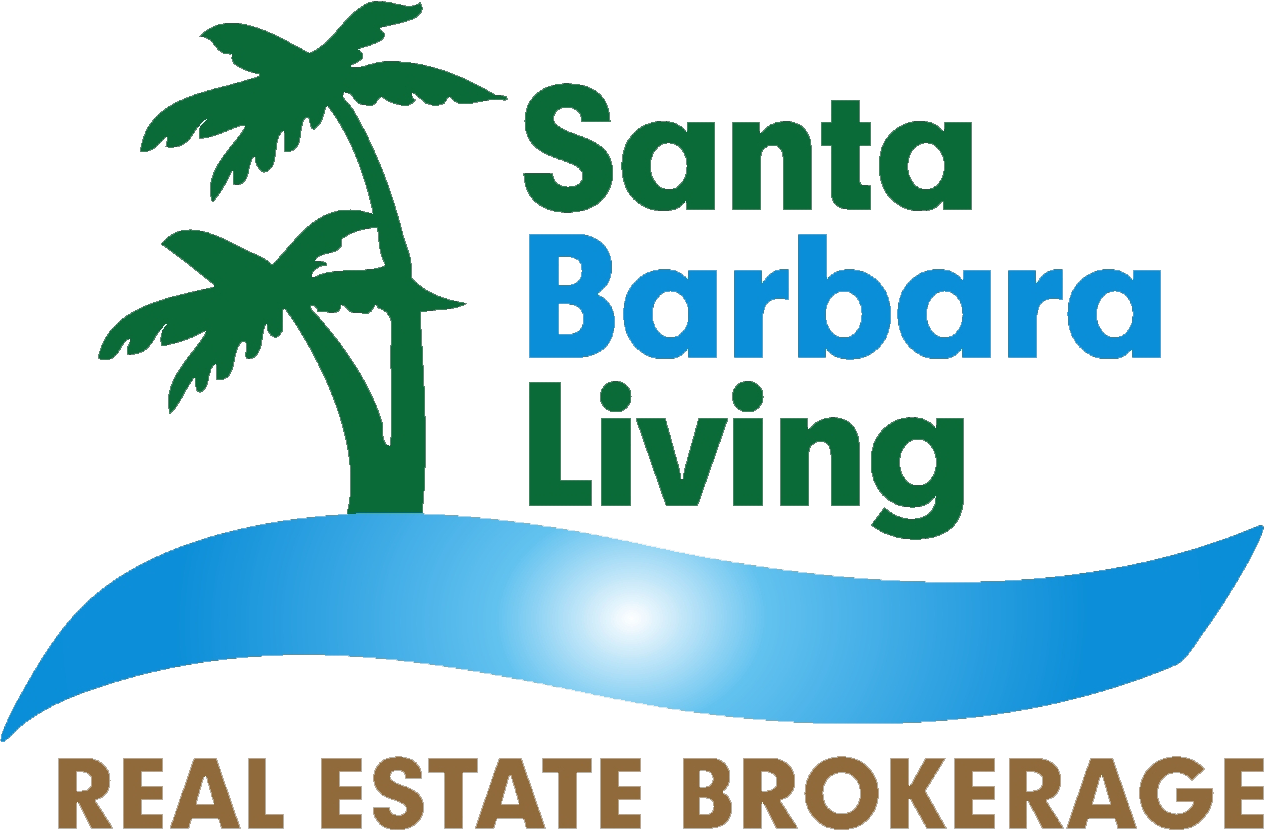Change is coming to the mortgage industry in the form of lessened restrictions for many community banks, along with greater consumer protections. The Economic Growth, Regulatory Relief and Consumer Protection Act—a bill rolls back many Dodd-Frank Wall Street Reform and Consumer Protection Act regulations imposed in 2008 following the financial crisis—has been signed into law. Just two months after it passed the Senate in a 67-31 vote on March 14, it was voted in by the House on Tuesday (248-159), and signed by President Trump on Thursday.
“I applaud my former colleagues in Congress for coming together to pass the most significant financial reform legislation in recent history,” said Mick Mulvaney, acting director of the Consumer Financial Protection Bureau (CFPB), in a statement on Thursday. The CFPB has been the Dodd-Frank enforcer since the agency was established in 2011.
“This new law will improve consumers’ access to credit, reduce regulatory burdens on credit unions and community banks, and fuel economic growth and job creation across the nation,” Mulvaney said. “As Acting Director of the Bureau of Consumer Financial Protection, I am pleased to see the long-overdue reforms to the regulations governing mortgage lending. These changes will allow community banks and credit unions to focus on making prudent loans to prospective homebuyers without being tied up in expensive and excessive red tape. I stand ready to work with Congress and the rest of the Administration to implement these new reforms that will promote a brighter, more prosperous future.”
Industry professionals are largely in support of the bill, as it would prove beneficial to real estate lending, particularly for smaller banks that provide mortgages to homebuyers.
“This bill will allow smaller lenders to be more community engaged, hopefully providing greater access for mortgage credit to consumers,” says Paul Mydelski, founder and chairman of RE/MAX Leading Edge.
The National Association of REALTORS® (NAR) has long supported this type of reform, believing that the restrictions previously imposed have only hurt the real estate community by creating an unfair advantage for bigger banks.
“We commend members of Congress for passing this bipartisan legislation to level the lending playing field for community banks and credit unions,” said NAR President Elizabeth Mendenhall in a statement. “This bill provides appropriate consumer protections while going a long way toward removing undue regulatory burdens on small lenders, which will help keep them strong, so they can help keep communities strong.”
Ahead of the Senate vote, NAR sent a letter to the House of Representatives in support of the bill and on behalf of all members. The letter cited the following benefits:
- Removes undue regulatory burdens for community banks and credit unions that stand in the way of affordable credit for businesses and consumers
- Proposes Fannie Mae and Freddie Mac framework for considering alternatives to credit scores, taking into account other financial factors for mortgage eligibility
- Provides the Bureau of Consumer Financial Protection access to regulate Property Assessed Clean Energy (PACE) lenders, enforcing vetting of homeowners’ ability to repay loans levied as tax assessments on their homes
- Amends the Federal Deposit Insurance Act, clarifying requirements for acquisition, development or construction (ADC) loans
- Prohibits manufactured housing retailers and sellers from being defined as loan originators if they do not receive compensation or gain for taking loan applications for residential mortgages
Lawrence Yun, chief economist and senior vice president of Research at NAR, told RISMedia, “It is very good news for homebuilders, because they need to get funding from small-sized banks and not from Wall Street. This will permit more construction loans, creating more inventory. It is solidly positive news.”
